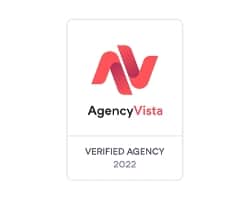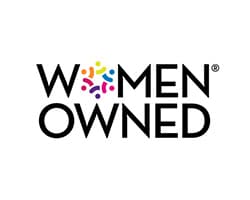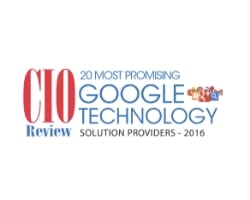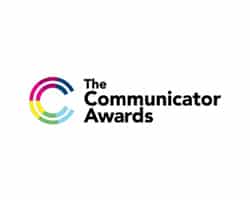Marketing is an essential aspect of any business, regardless of its size or industry. It is through marketing that businesses can promote their brand, increase visibility, and attract new customers. B2B marketing is focused on reaching other businesses rather than individual consumers. Let’s explore some B2B marketing strategies that your brand can begin to implement.
Content Marketing
Content marketing is an effecting marketing strategy that involves creating valuable content to attract and retain a target audience. B2B brands can use a content marketing strategy to educate their audience on their products and services, provide solutions to their pain points, and establish themselves as industry leaders. This can be achieved through various forms of content, such as blog posts, white papers, infographics, videos, and case studies. One of the biggest advantages of content marketing is that it helps build trust with your audience. By providing valuable information, you demonstrate your expertise and commitment to solving your customers’ problems.
To create effective content marketing campaigns, it’s essential to understand your audience’s needs and preferences. You should research their pain points and challenges, as well as their preferred formats for consuming content. For example, some audiences may prefer video content, while others may prefer written content.
Email Marketing
Email marketing is a highly effective marketing strategy that allows B2B brands to reach their target audience directly, right through their inbox. With the right segmentation and personalized messaging, email marketing can help build relationships and drive conversions. B2B brands can use email marketing to send regular newsletters, product updates, event invitations, and more. The key to success with email marketing is to provide value to your subscribers. Instead of bombarding them with sales pitches, focus on providing helpful information that is relevant to their needs.
To improve your email marketing campaigns, you can use various tactics, such as A/B testing, personalization, and automation. A/B testing involves testing different variations of your emails to see which performs better. Personalization involves using your subscribers’ data to create personalized messages that resonate with them. Automation involves setting up automated email sequences that are triggered by specific actions, such as sign-ups or purchases.
Search Engine Optimization (SEO)
SEO involves optimizing a website to rank higher in search engine results pages (SERPs) for specific keywords. B2B brands can use SEO to increase visibility, generate traffic, and establish authority in their industry. This can be achieved through various tactics, such as keyword research, on-page optimization, link building, and content creation.
To succeed with SEO, you need to understand how search engines work and what factors they consider when ranking websites. You should conduct keyword research to identify the most relevant and valuable keywords for your business. You should also optimize your website’s content, meta tags, and structure to make it more search engine friendly. Additionally, you can build high-quality backlinks from other websites to increase your website’s authority.
Social Media Marketing
Social media marketing involves using social media platforms to promote a brand and engage with its audience. B2B brands can use social media to showcase their products and services, share industry news and insights, and interact with potential customers. LinkedIn is a particularly useful platform for B2B brands as it is focused on professional networking.
To succeed with social media marketing, you need to understand the unique characteristics of each platform and tailor your content accordingly. For example, LinkedIn is more suited to professional content, while Facebook is more suited to casual and entertaining content. You should also develop a social media strategy that aligns with your overall marketing goals and focuses on engaging with your audience.
Influencer Marketing
Influencer marketing involves partnering with individuals who have a significant following on social media to promote a brand’s products or services. B2B brands can use influencer marketing to reach a wider audience and build trust with their target market. Influencer marketing can also help B2B brands establish themselves as thought leaders in their industry by associating themselves with reputable influencers.
To succeed with influencer marketing, B2B brands need to identify influencers who align with their brand values and have a significant following in their target market. The influencer should have a genuine interest in the brand and be willing to promote it to their followers. The partnership should also be mutually beneficial, with the influencer receiving compensation for their services.
Take Advantage of Opportunities
B2B brands have several marketing strategies at their disposal to promote their brand and reach their target audience. Content marketing, email marketing, SEO, social media marketing, and influencer marketing are all effective strategies that can be tailored to meet the specific needs of each brand. By implementing these strategies, B2B brands can establish themselves as industry leaders and drive growth for their business.
About Millennium Agency
Millennium Agency is a nationally recognized, top woman led B2B branding, positioning, and digital marketing firm who creates value that builds emotionally impactful brands that influences your customer’s buying decision, giving you the competitive advantage. As your industry partner for B2B pharma/biotech, technology and manufacturing, our proprietary research-based framework makes a strong impact and accelerates your brand growth. While you focus on what you do best – running your business successfully – our team will build your brand, and drive leads. For more information, call 877-873-7445 or schedule time here.


























